Osteosarcoma survivor Sloane Dyer also had to trust their instincts. Sloane was told that there was nothing doctors could do about their chronic pain following a limb salvage surgery (LSS). When the pain became too debilitating, Sloane sought out a second opinion and ultimately opted for a limb amputation.
“Rather than live with chronic pain the rest of my life, I chose to listen to my body,” says Sloane. “It’s an opportunity to have autonomy over my body and hopefully a less painful life.”
2. Seek a Second Opinion
Getting a second opinion is an important part of advocating for yourself at the doctor. Another oncologist may offer a new perspective or alternative treatment options, or they could confirm the initial diagnosis and treatment plan, giving you peace of mind.
In osteosarcoma patient Lydia’s case, her parents felt that their local doctors were not equipped to handle such a rare disease. After multiple consultations with specialists, they finally found a surgeon they could trust. “I had to trust my instincts,” says Jessica, Lydia’s mother. “I kept asking questions and kept speaking up for Lydia. No one else was going to.”
3. Speak Up and Ask Questions
Being an empowered cancer patient means asking questions about treatment options, potential side effects, and quality of life. That might mean talking to your doctor about fertility preservation — a common concern for young adult cancer patients — or financial considerations to help afford treatment.
Damon Reed, MD, director of the Adolescent and Young Adult Program at Moffitt Cancer Center, explains that engaging in open and honest conversations with your cancer care team can help you make informed decisions that align with your personal values and goals.
“For many young adult patients, they are now able to dictate how they want their treatment to go and how they want to lead their lives,” he says. “That sense of control makes a big difference.”
4. Bring a Friend or Family Member to Medical Appointments
Even if you are of legal age to make your own treatment decisions, it can be overwhelming to go it alone.
Dr. Reed says his patients have found it helpful to bring family members or close friends with them to doctor’s appointments who can advocate for the patient’s wishes. Bringing someone you trust can make the appointment less daunting, and it gives you someone else to process with afterward.
5. Reach Out for Additional Support
Cancer treatment is physically and emotionally demanding. Recognizing the need for additional support is another way you can advocate for yourself. Palliative care, which focuses on improving patients’ quality of life, can be an invaluable resource.
“Palliative care helps people live their best life for as long as possible,” says Abby R. Rosenberg, MD, Chief of Pediatric Palliative Care at Dana-Farber Cancer Institute and the Director of Palliative Care at Boston Children’s Hospital. “It is an extra layer of support that helps patients and families manage the stressors of serious illness.”
Palliative care clinicians like Dr. Rosenberg work closely with oncologists to alleviate symptoms, manage pain, and address psychological and emotional well-being. Having that additional person on your care team to advocate for your healthcare can provide comfort and relief.
Even with a cancer diagnosis, where so much is outside your control, you have the right to be heard, respected, and involved in your care. Becoming your own cancer advocate can allow you to shape the decisions affecting your body and your life.







